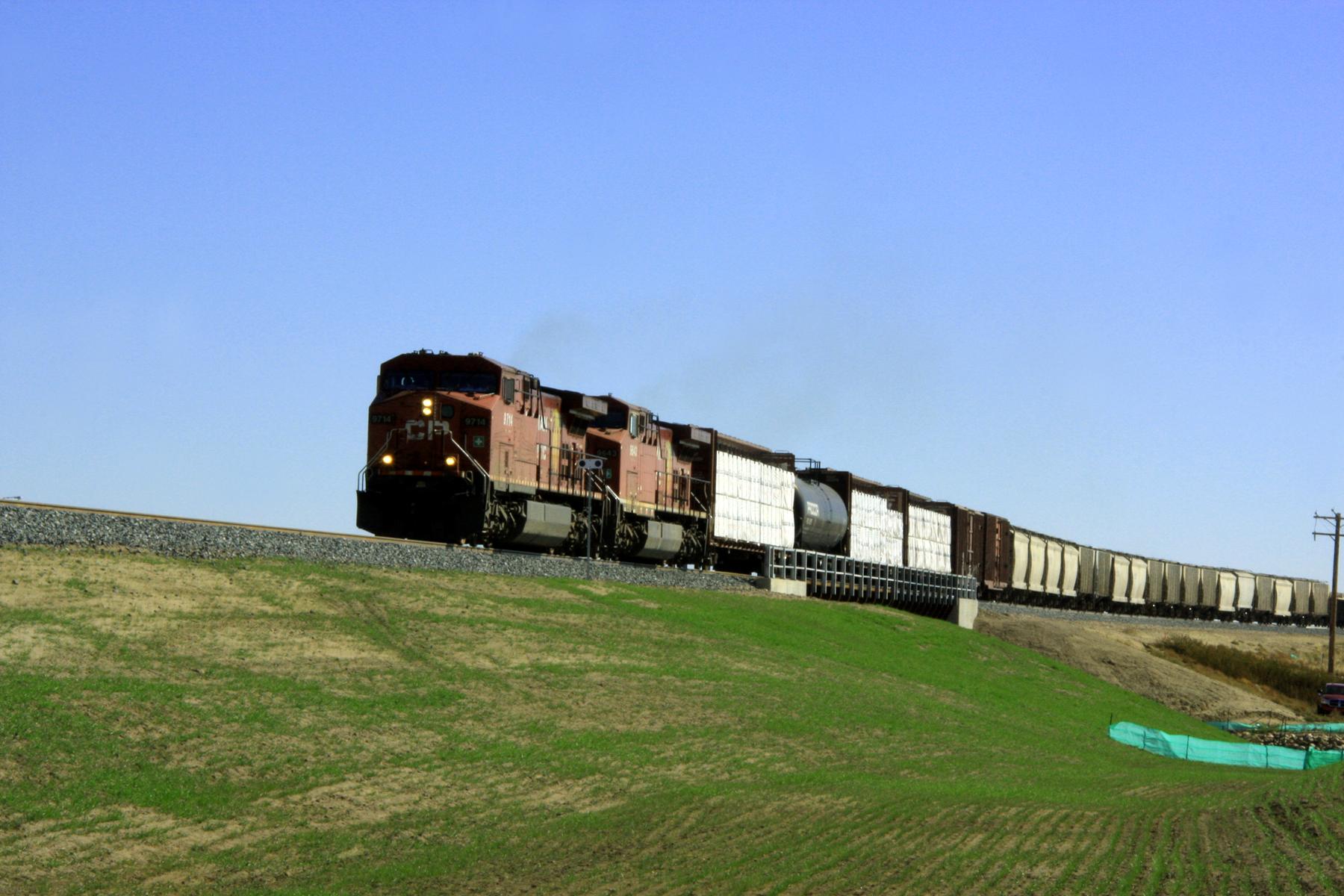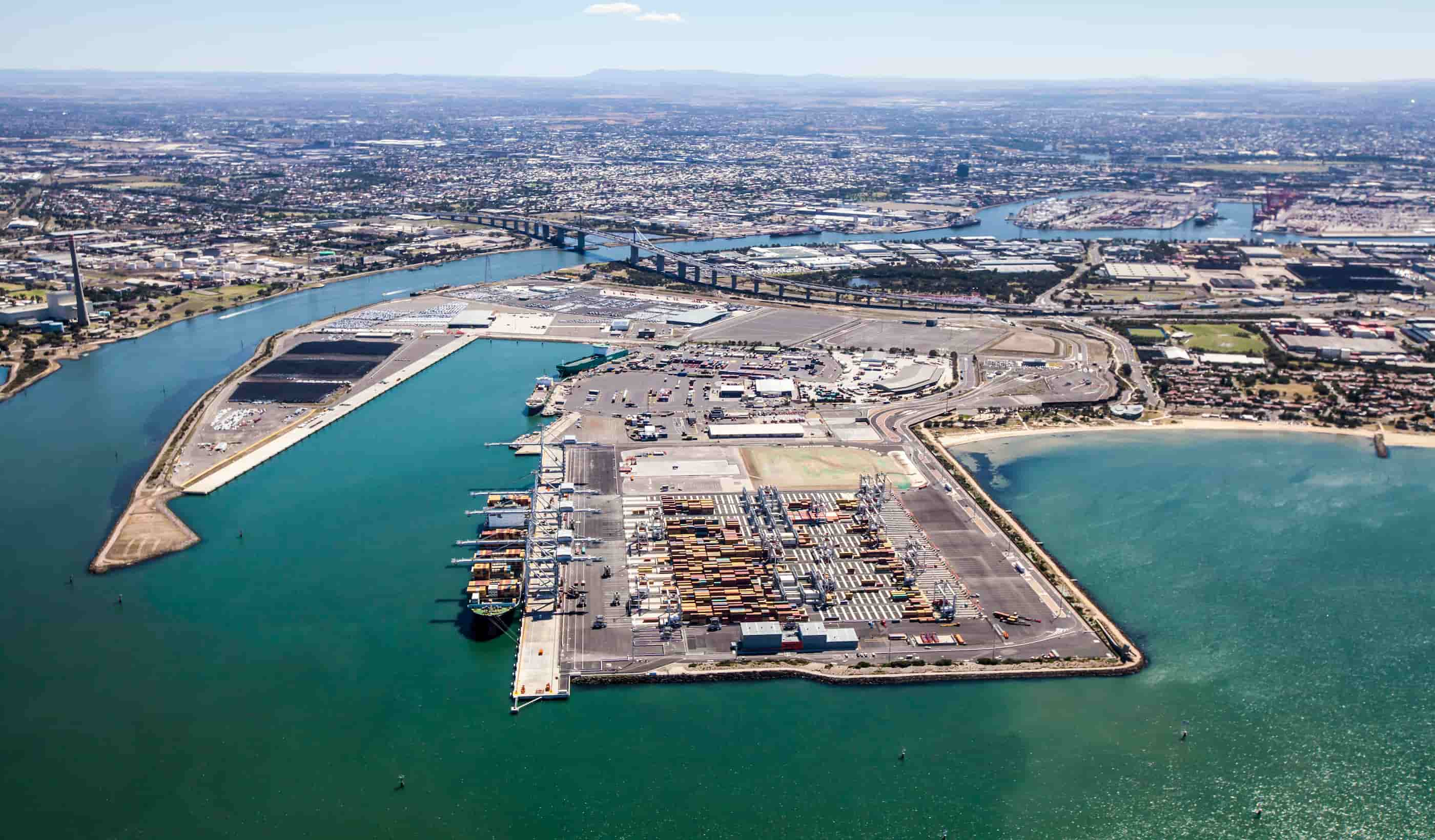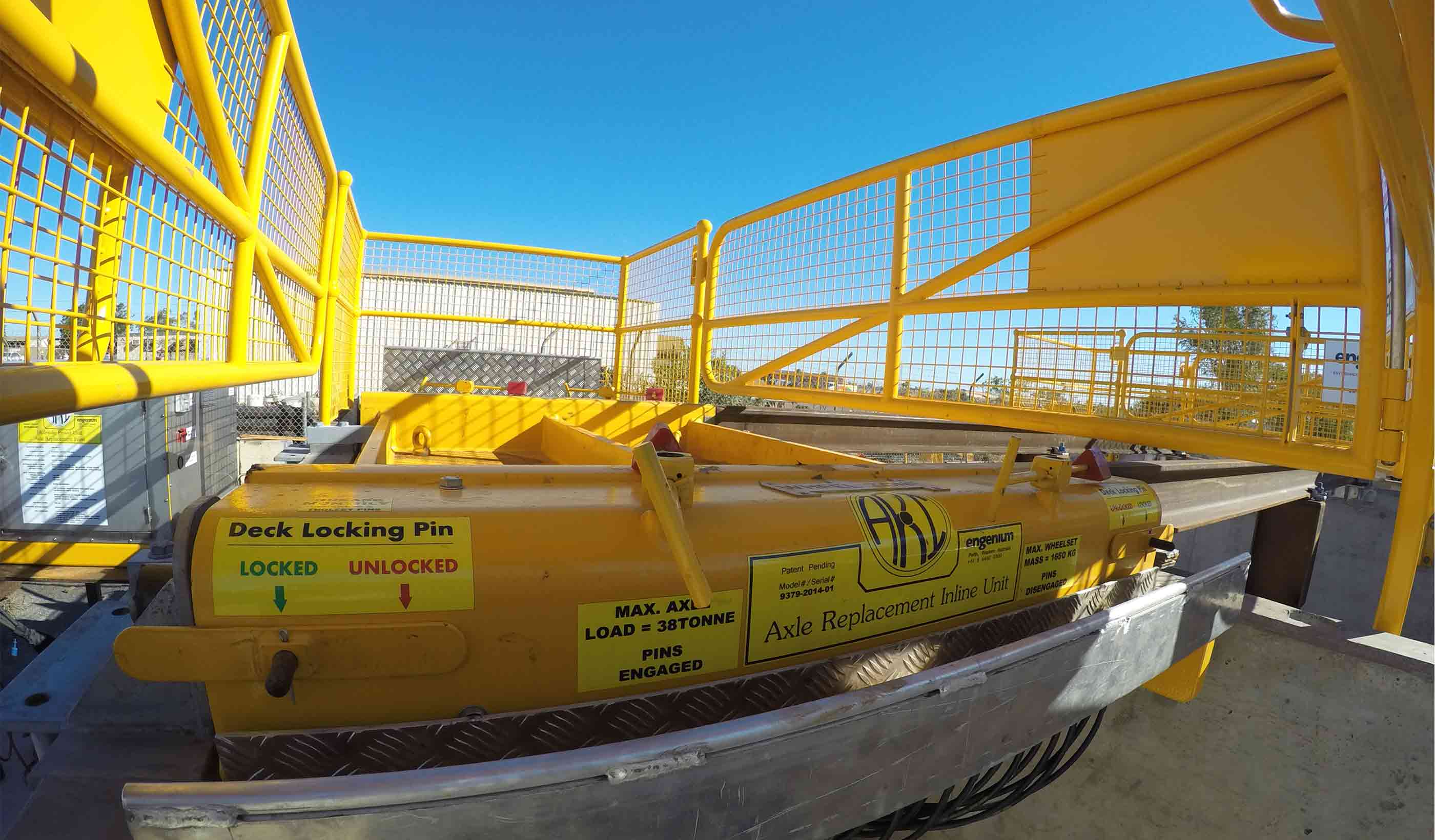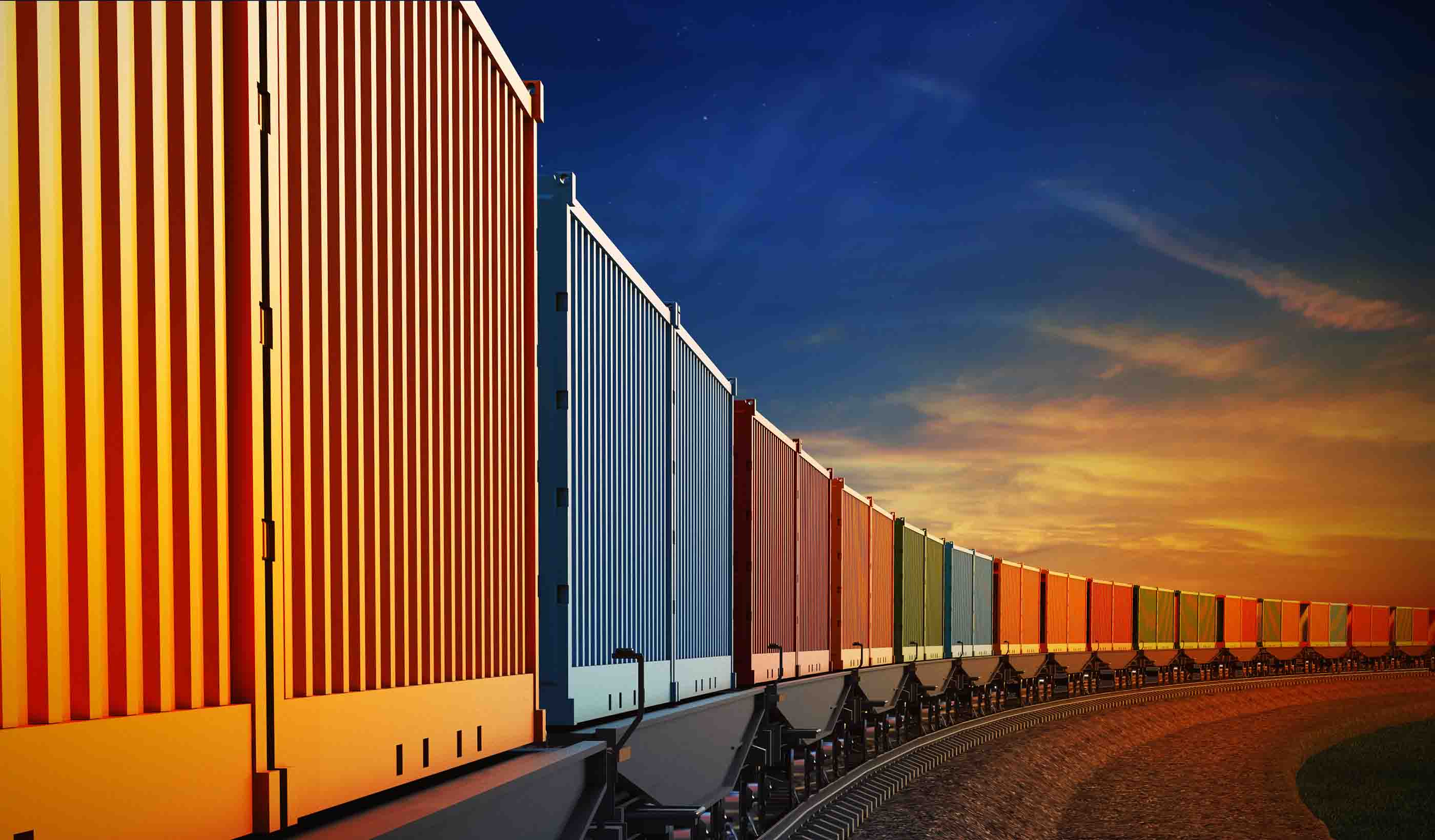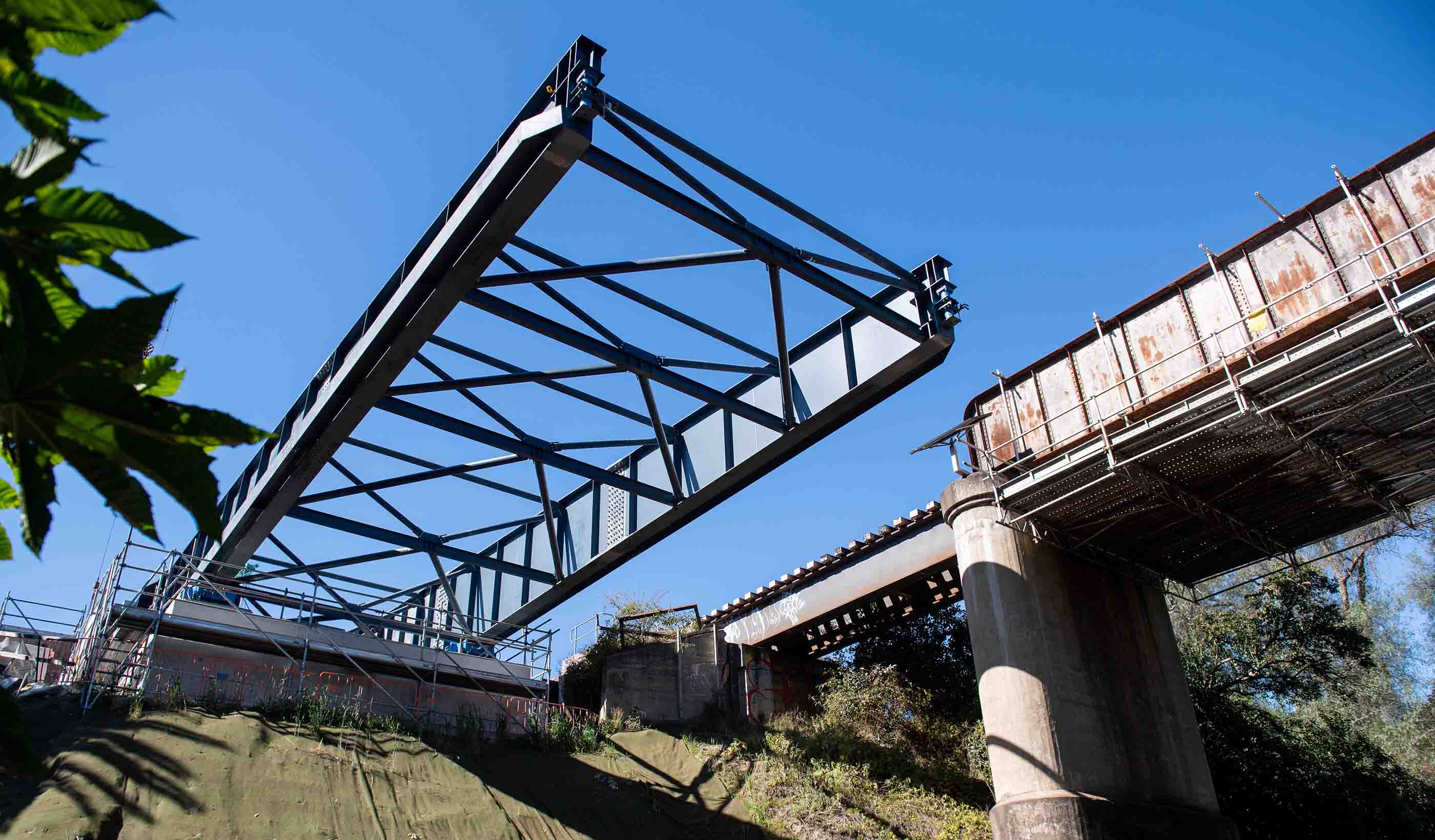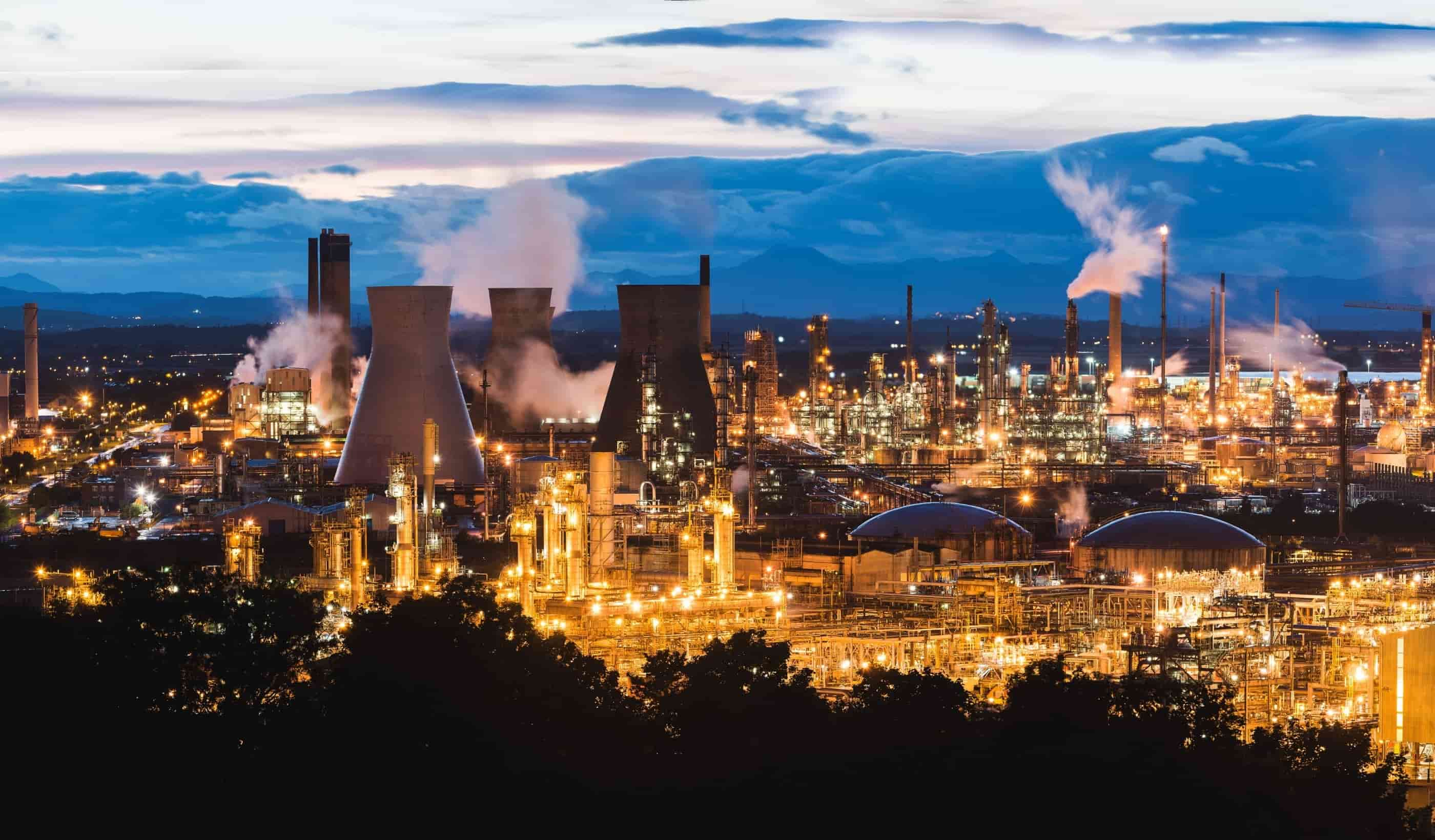- Location
- Wellington, New Zealand
- Offices
-
-
Client
-
-
KiwiRail
-
- Location
- Wellington, New Zealand
- Offices
- Client
-
- KiwiRail
Share
KiwiRail Freight Rail Decarbonization
The New Zealand Government has introduced a policy to eliminate carbon emissions by 2050. KiwiRail is currently reliant on diesel electric locomotives for all mainline freight requirements, and these vehicles produce substantial quantities of greenhouse gas emissions. In response to the challenge set by the Government, KiwiRail is setting out to eliminate carbon emissions from their fleet of locomotives—our team is there to help.
We were tasked with guiding KiwiRail to establish a framework that identifies, compares, and assesses different motive power technologies. Because technology for reducing locomotives is evolving rapidly, and New Zealand’s rail operational environment is unique, determining the best solution for the country now and predicting what will be best for the future was a major challenge. To account for this, our team developed and modeled a suite of different economic scenarios. This enabled us to forecast potential changes to freight demand, which we then used to assess the performance of different options in the future.
Ultimately, this project will help KiwiRail to determine the best path to replace its fleet with zero emission locomotives. The project is driving an understanding of rail transportation’s role in the supply chain—success in reducing or eliminating carbon emissions in this sector will act as the benchmark for other freight transport modes to eliminate their own carbon emissions
- Location
- Wellington, New Zealand
- Offices
-
-
Client
-
-
KiwiRail
-
- Location
- Wellington, New Zealand
- Offices
- Client
-
- KiwiRail
Share
Sarah Connolly, Team Leader, Transportation, Dunedin / Senior Principal, Transportation Planner
I’m keen to be part of a fundamental change in how engineers and planners “do” infrastructure.
Andrew Maughan, Market Leader, Transport Advisory
The thing I celebrate most is when we’re able to exceed client expectations by solving complex problems.
We’re better together
-
Become a client
Partner with us today to change how tomorrow looks. You’re exactly what’s needed to help us make it happen in your community.
-
Design your career
Work with passionate people who are experts in their field. Our teams love what they do and are driven by how their work makes an impact on the communities they serve.


